Results
-
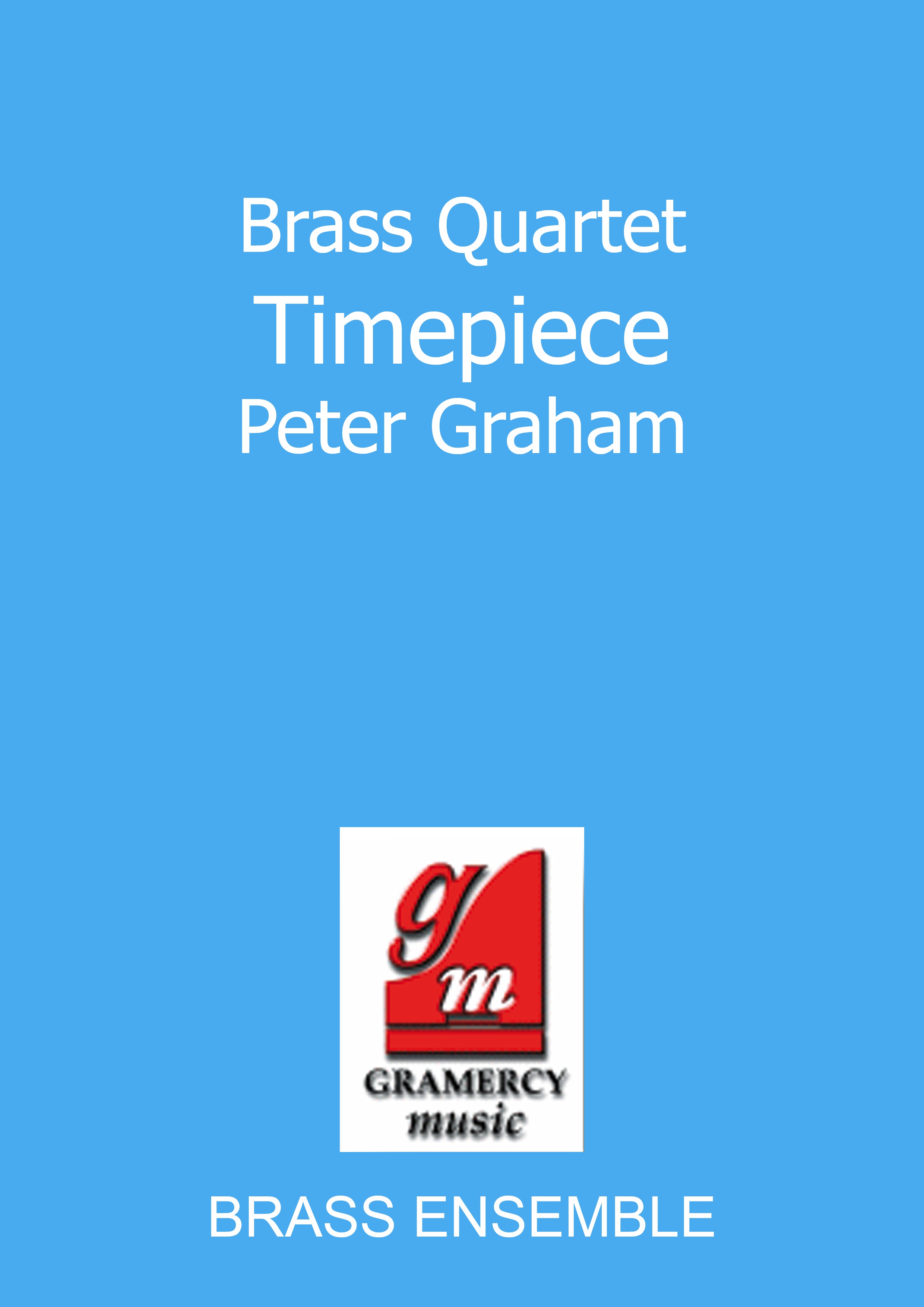 £19.95
£19.95Timepiece (Brass Quartet)
For brass quartet (2 Trumpets/Cornets, Horn Eb and Euphonium). Commissioned for the 1994 Swiss Quartet Championships. (Horn in F and Euphonium bass clef parts included).
Estimated dispatch 7-14 working days
-
 £50.90
£50.90Autumn Leaves (Flugel Horn Solo with Brass Band)
Flugel Horn Solo with Brass Band
Estimated dispatch 7-14 working days
-
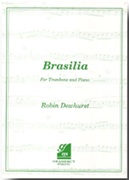 £44.95
£44.95Brasilia (Trombone Solo with Brass Band)
From the Robin Dewhurst collection, this multi-talented young composer has produced a simply wonderful solo for trombone and brass band. Premiered by virtuoso Brett Baker, this latin-styled work reaches its climax in a stunning cadenza for soloist supported by percussion section. (Also available with piano accompaniment).
Estimated dispatch 7-14 working days
-
 £54.20
£54.20Down Bourbon Street (Brass Band - Score and Parts)
Jazz Medley (New Orleans Style). Slightly reduced Brass Band instrumentation (no rep cornet, no 2nd horn, no 2nd trombone part). Grade: Easy (No.54)
Estimated dispatch 7-14 working days
-
 £42.50
£42.50Firebird Suite, Excerpts From (Brass Band - Score and Parts)
Recorded on Polyphonic QPRL220D Master Brass (Volume Sixteen).
Estimated dispatch 7-14 working days
-
 £82.95
£82.95Triumphant Rhapsody (Brass Band - Score and Parts)
Fantasy for Brass BandDuration: 11:30Recorded on Polyphonic QPRL068D Triumphant Rhapsody
Estimated dispatch 7-14 working days
-
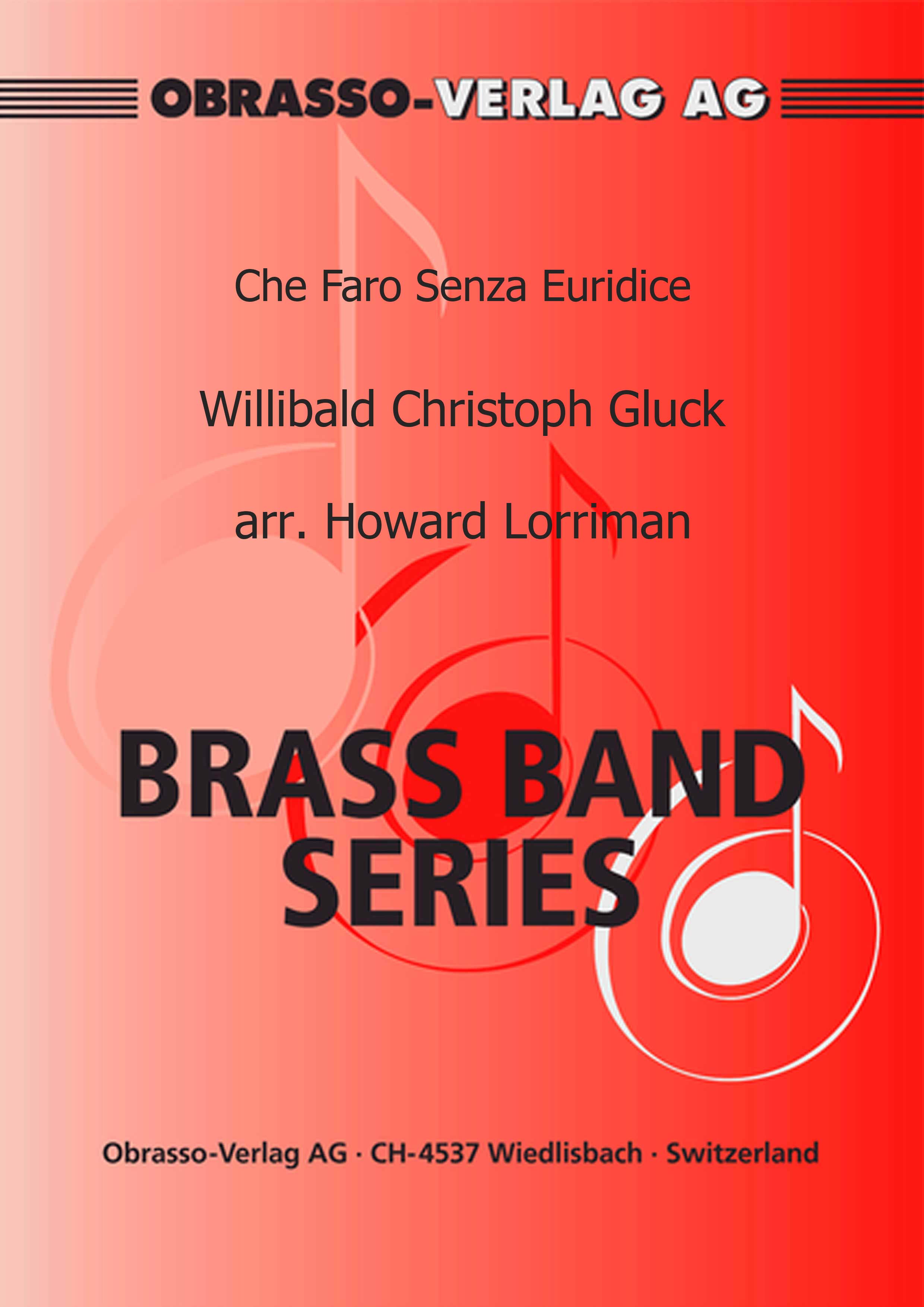 £50.90
£50.90Che Faro Senza Euridice (Vocal Solo with Brass Band - Score and Parts)
from the Opera Orfeo ed Euridice for Voice (Mezzosoprano) and Brass Band
Estimated dispatch 7-14 working days
-
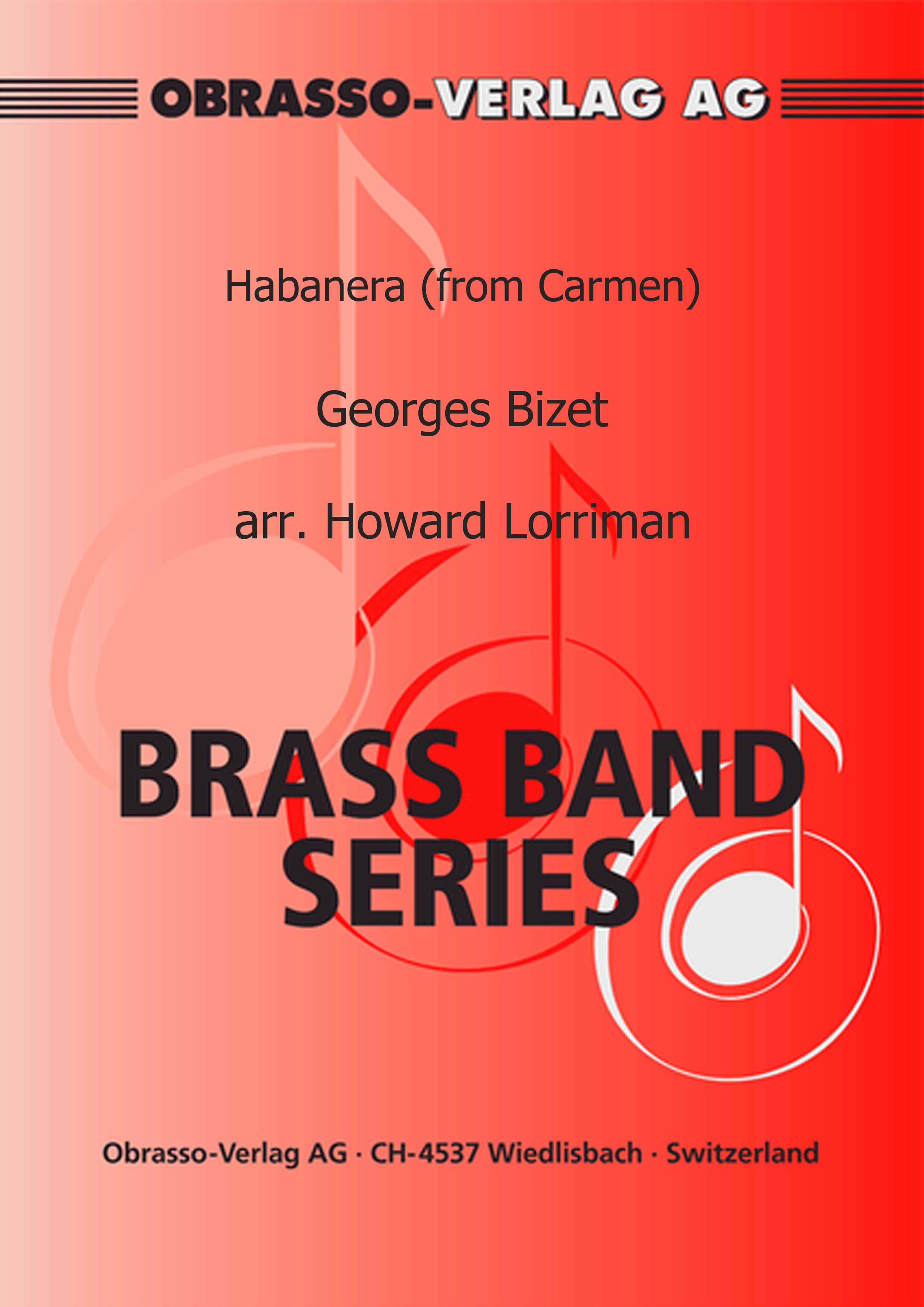 £54.20
£54.20Habanera (from Carmen) (Vocal Solo with Brass Band - Score and Parts)
from the Opera Carmen for Voice (Mezzosoprano) and Brass Band
Estimated dispatch 7-14 working days
-
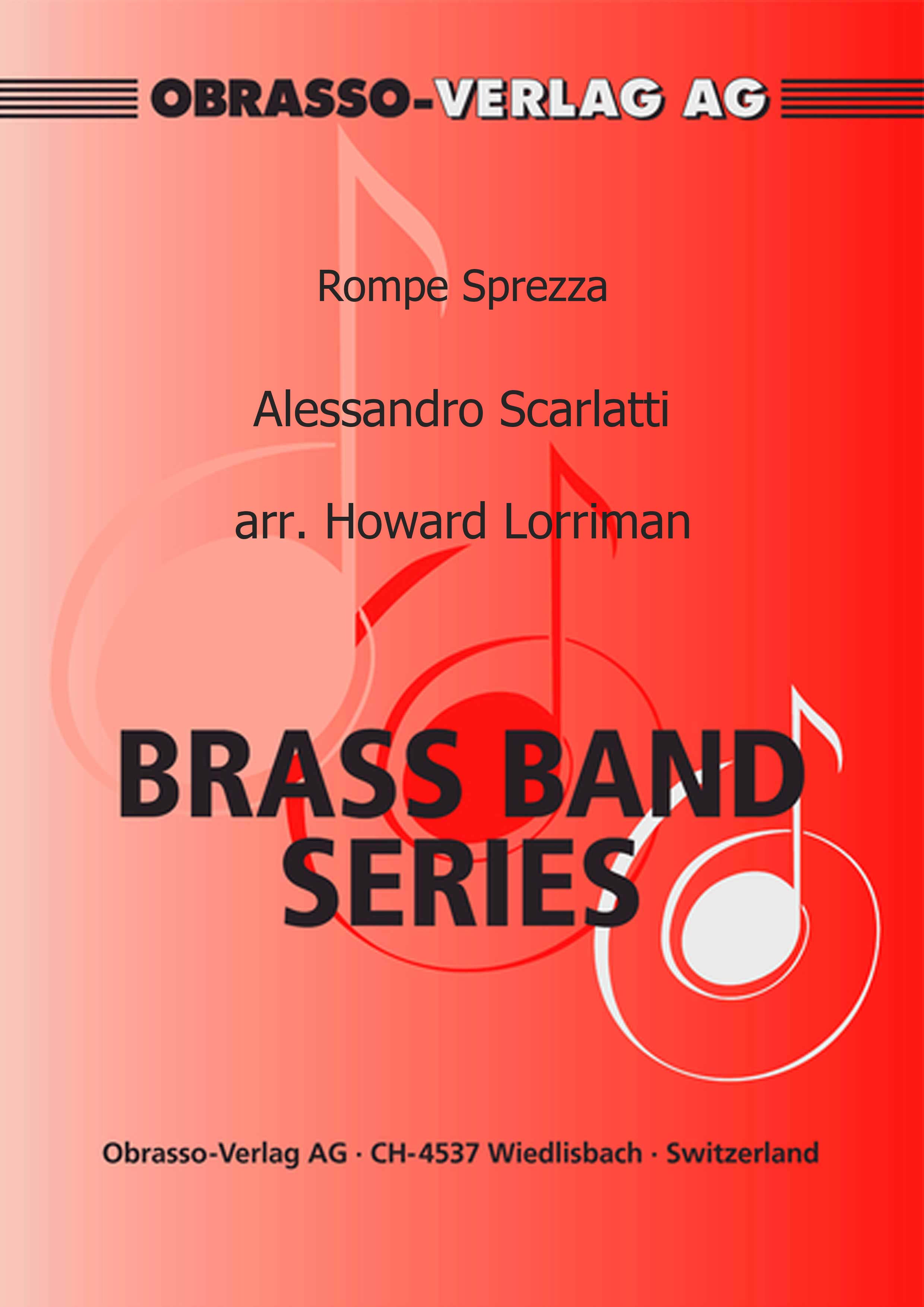 £50.90
£50.90Rompe Sprezza (Vocal and Piccolo Trumpet Duet with Brass Band - Score and Parts)
for Voice (Soprano), Piccolo Trumpet in A and Brass Band
Estimated dispatch 7-14 working days
-
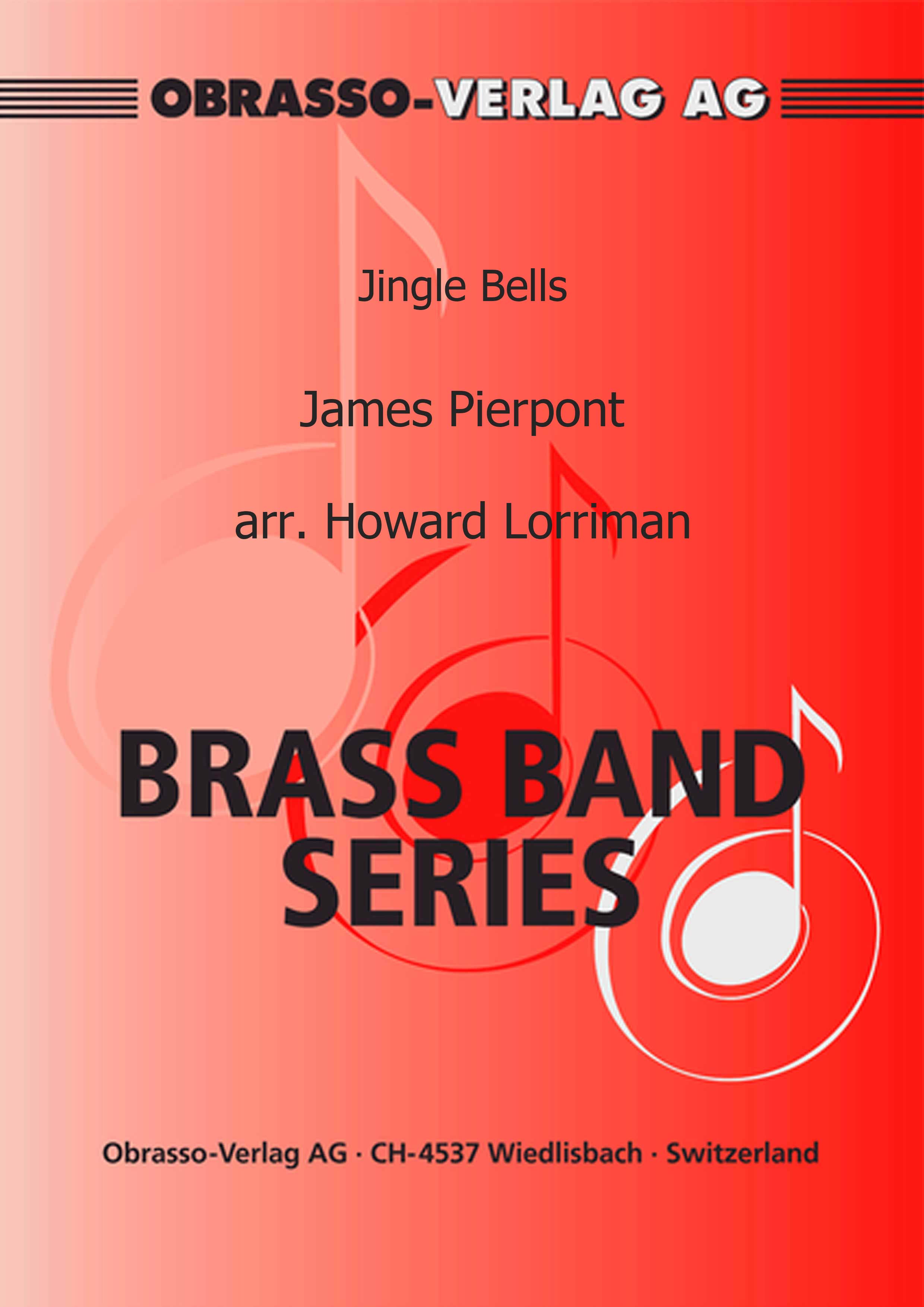 £58.60
£58.60Jingle Bells (Choir and Brass Band - Score and Parts)
Arrangement for Brass Band, Choir and Organ (10 choral parts are included in the set).
Estimated dispatch 7-14 working days
